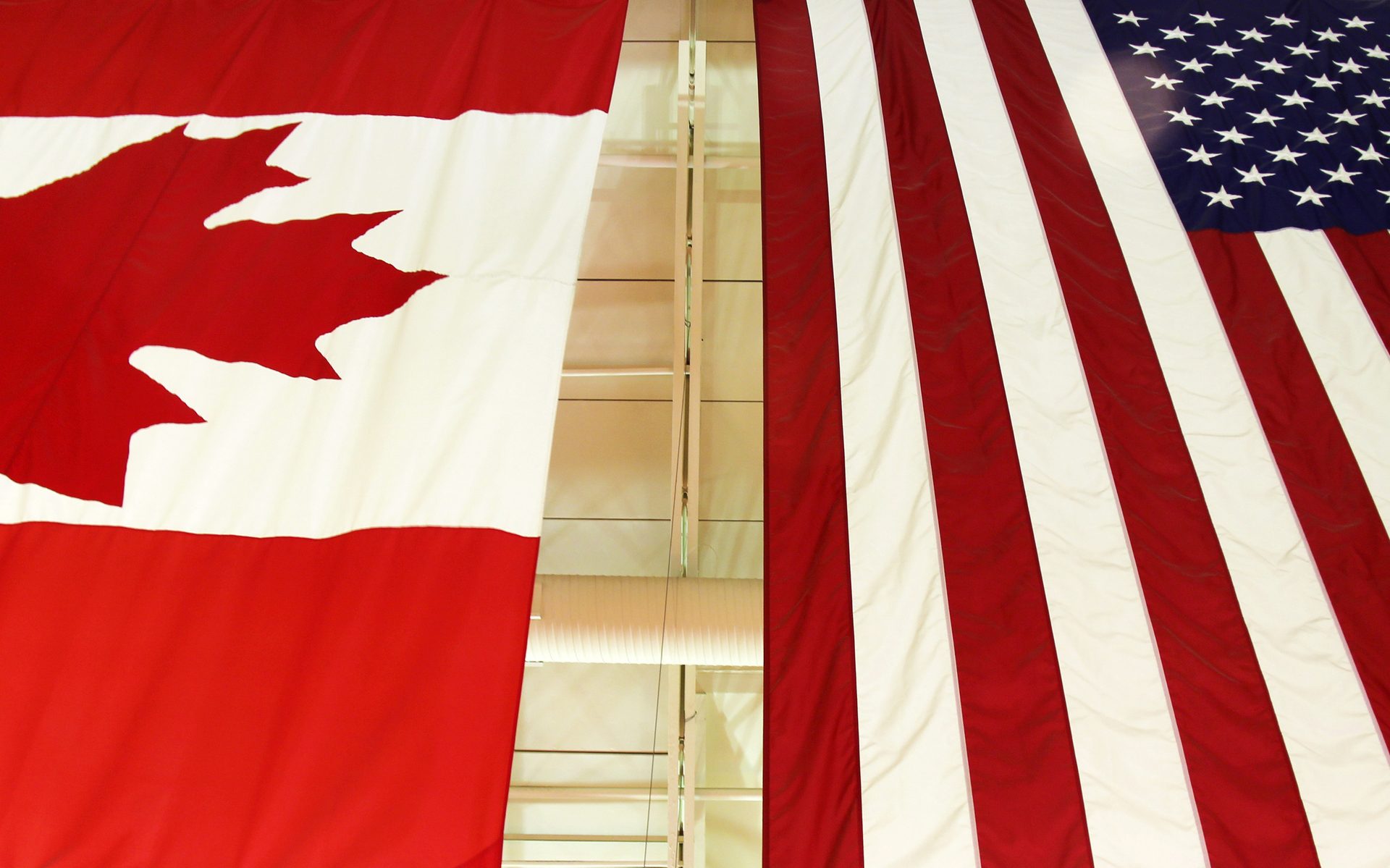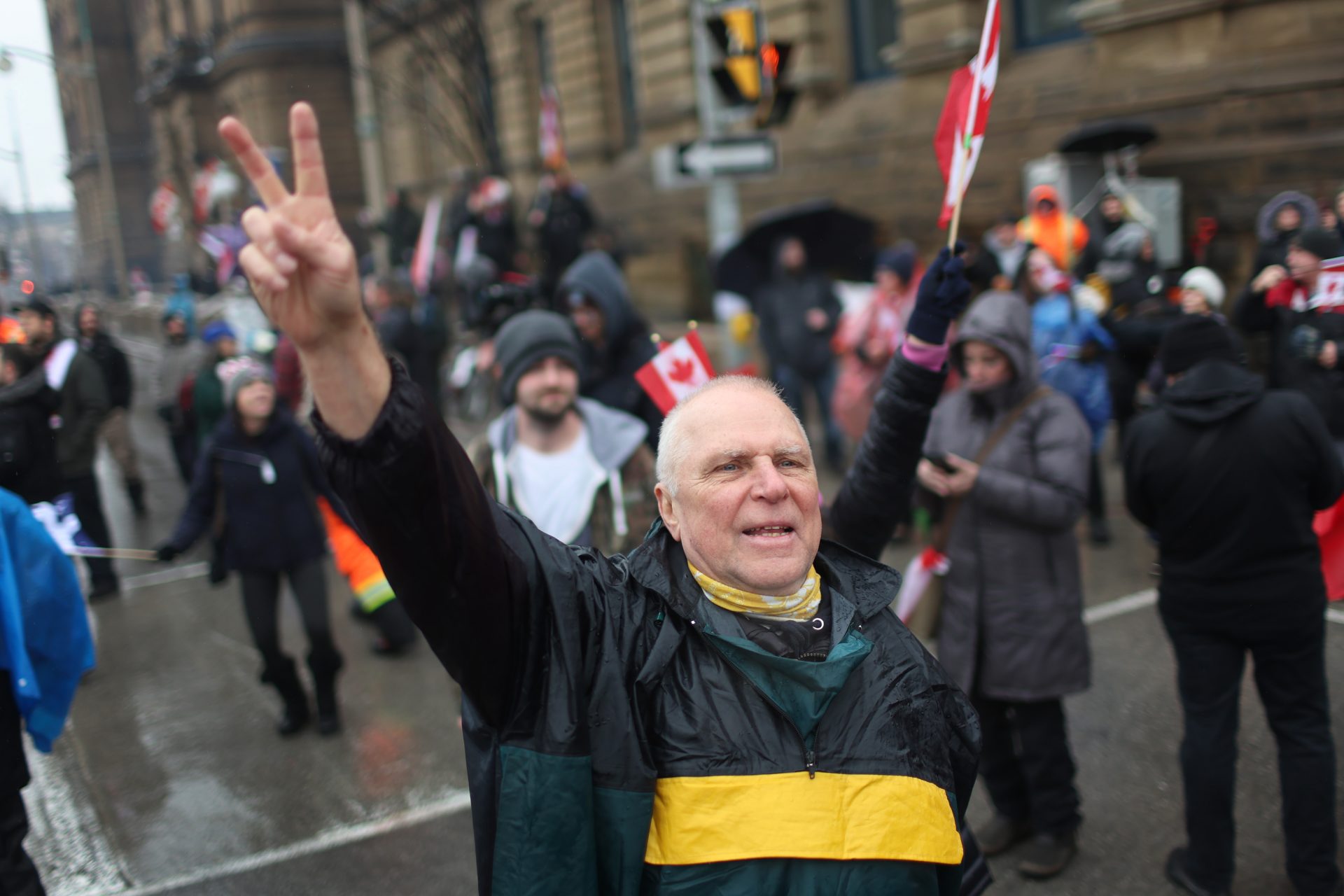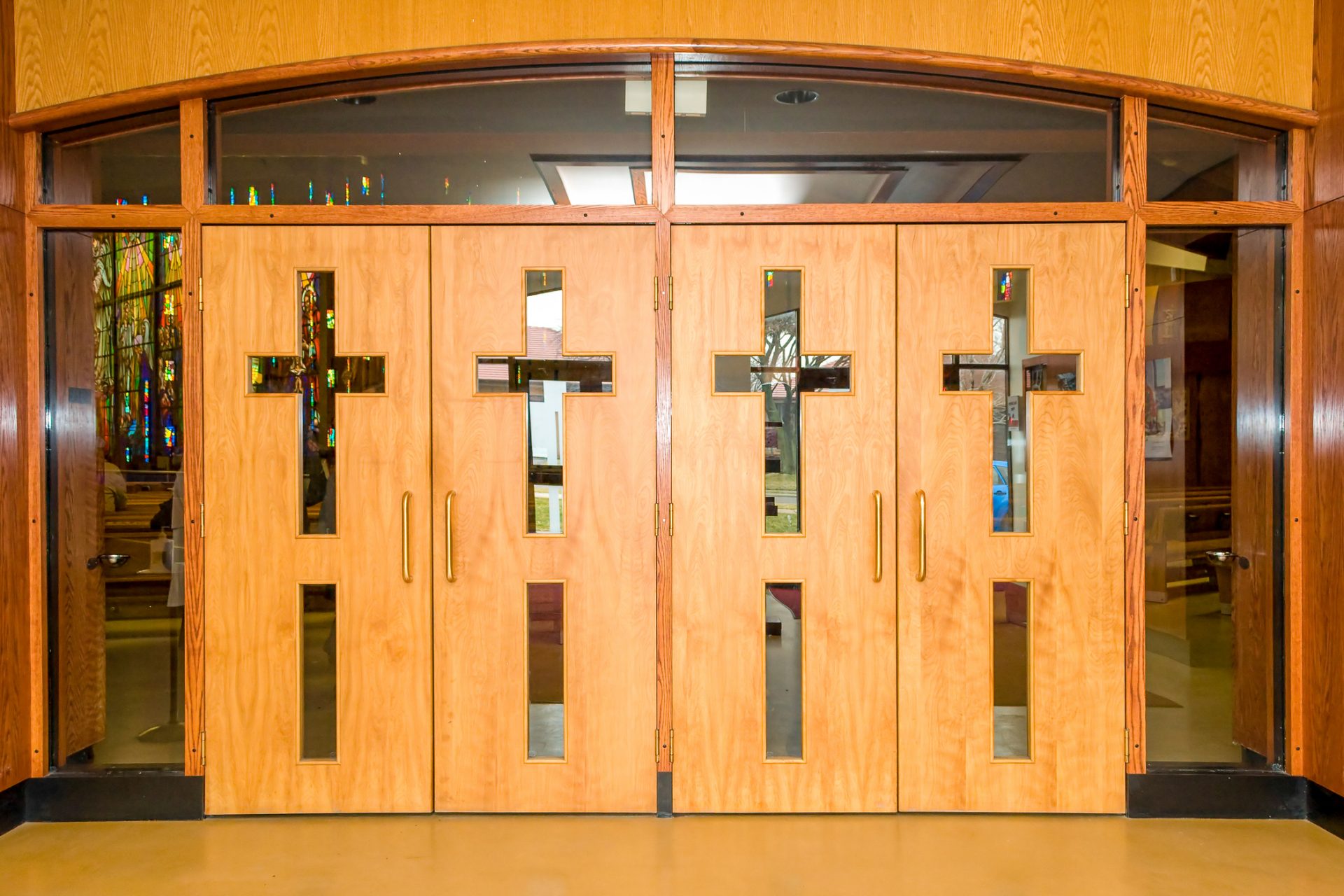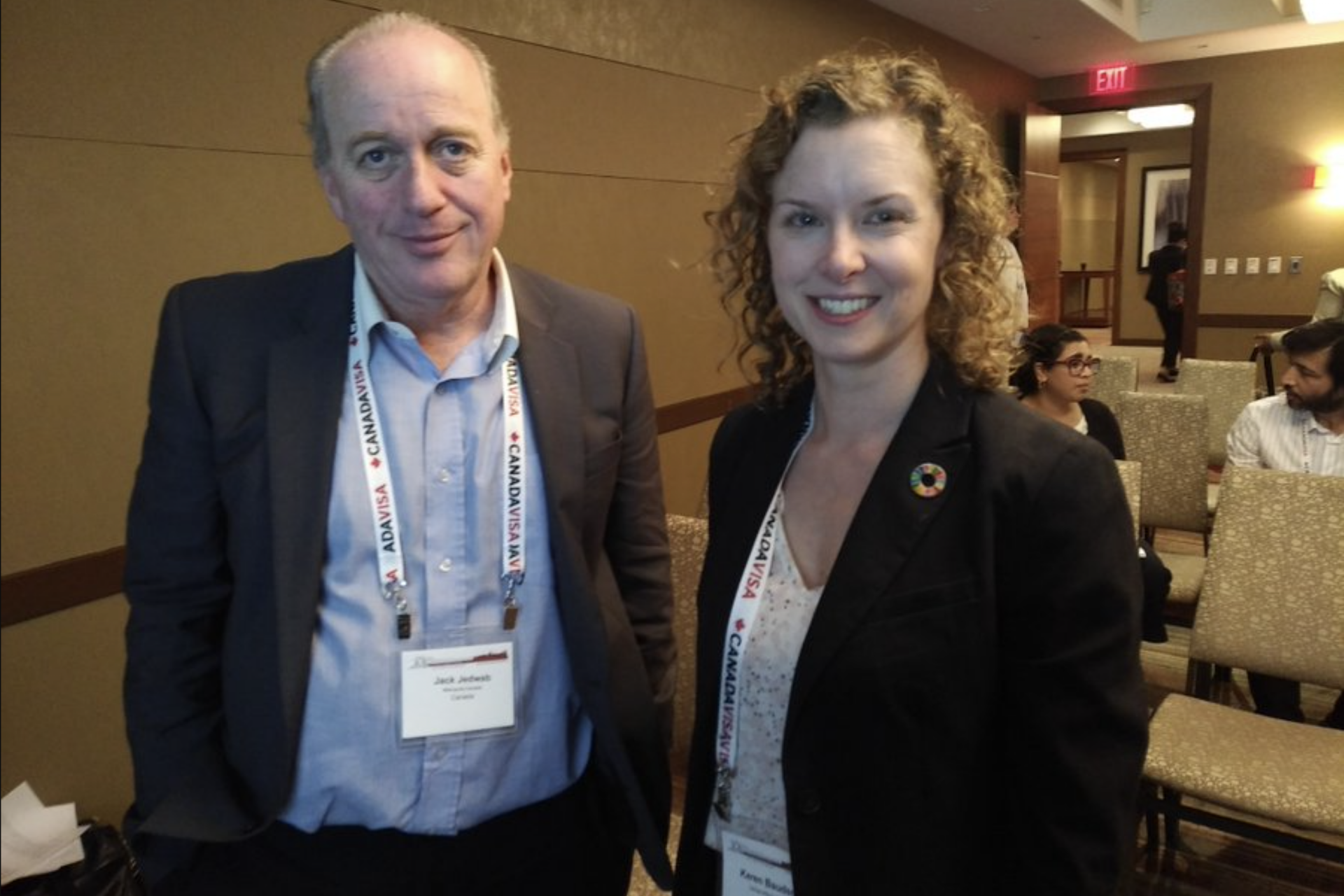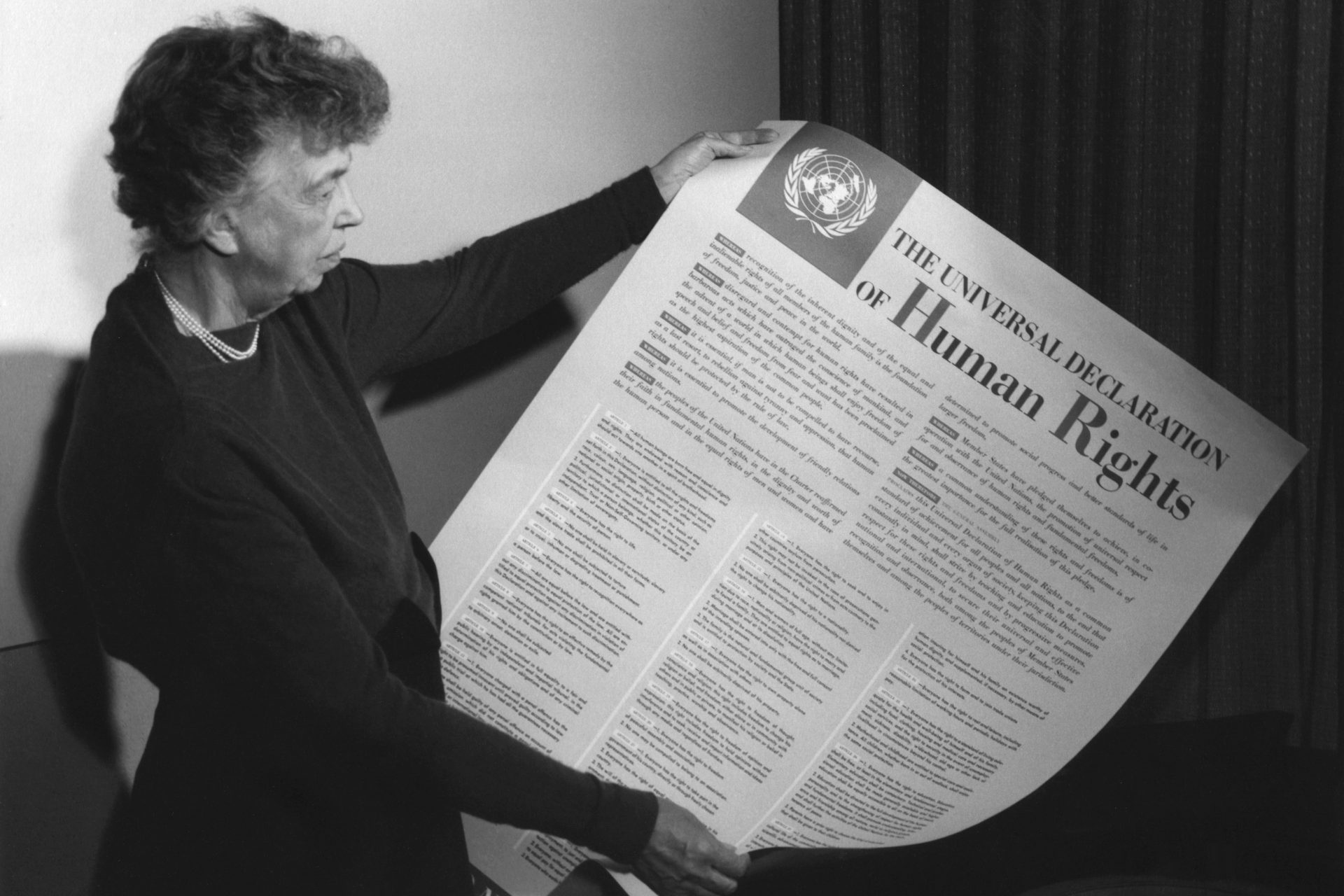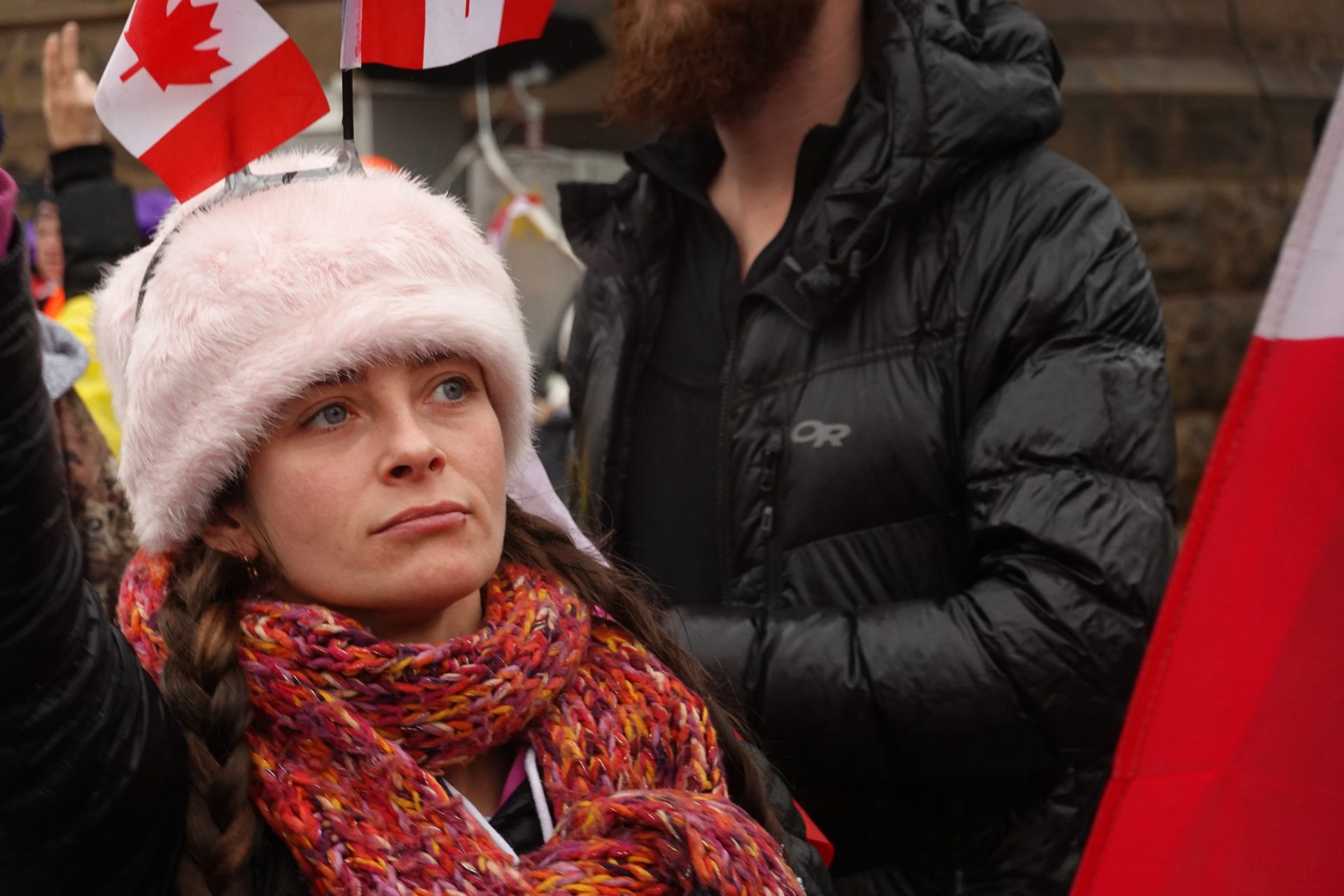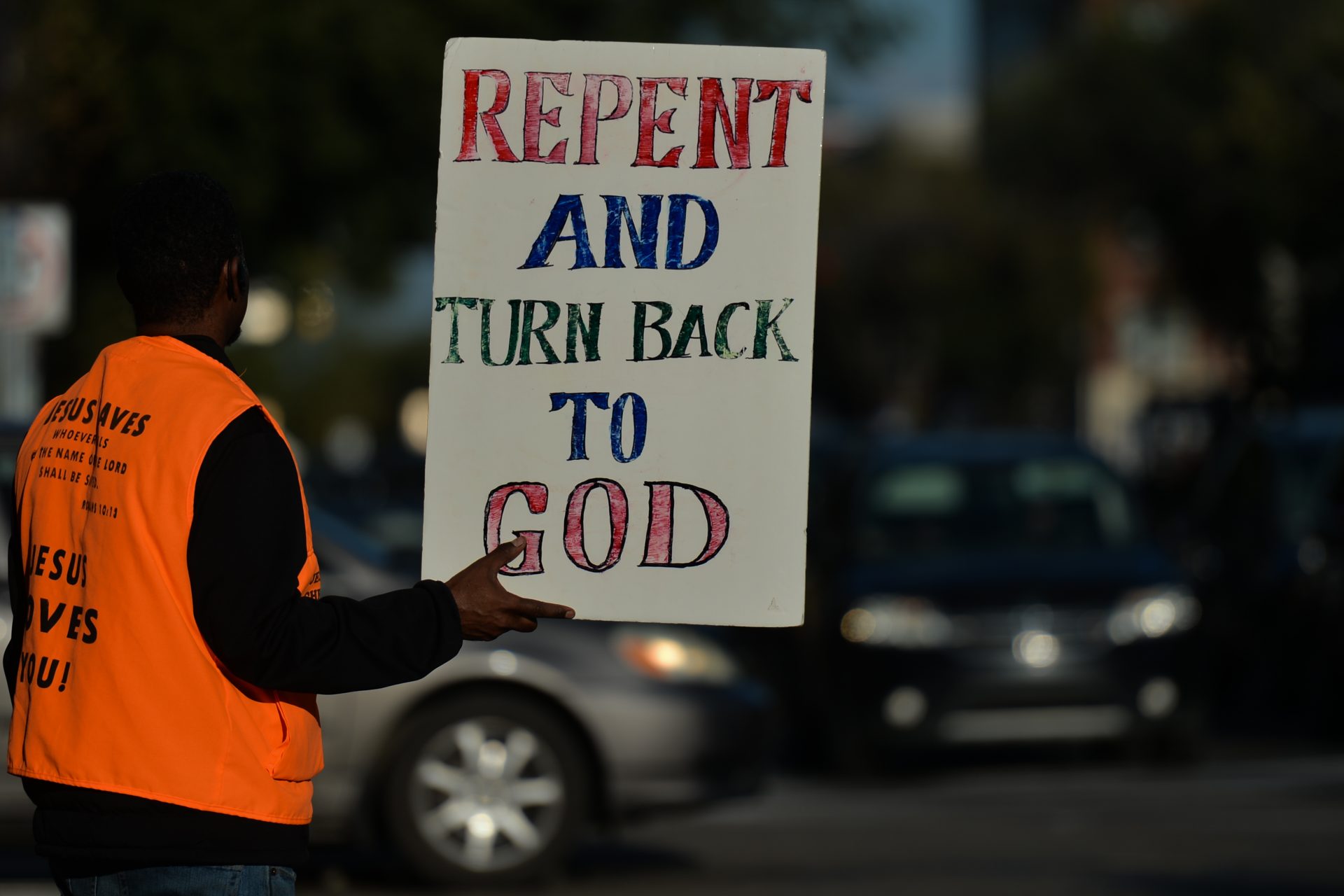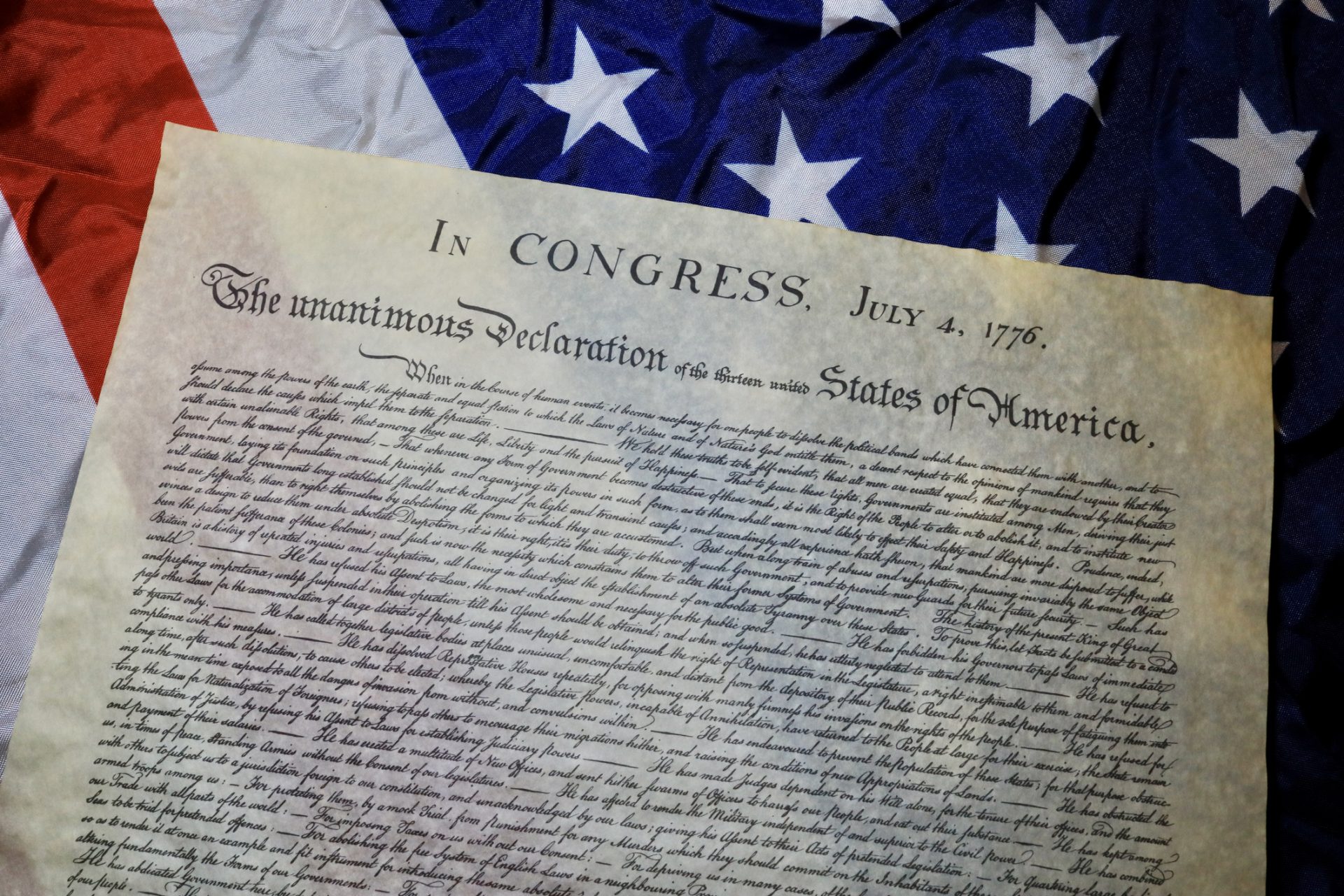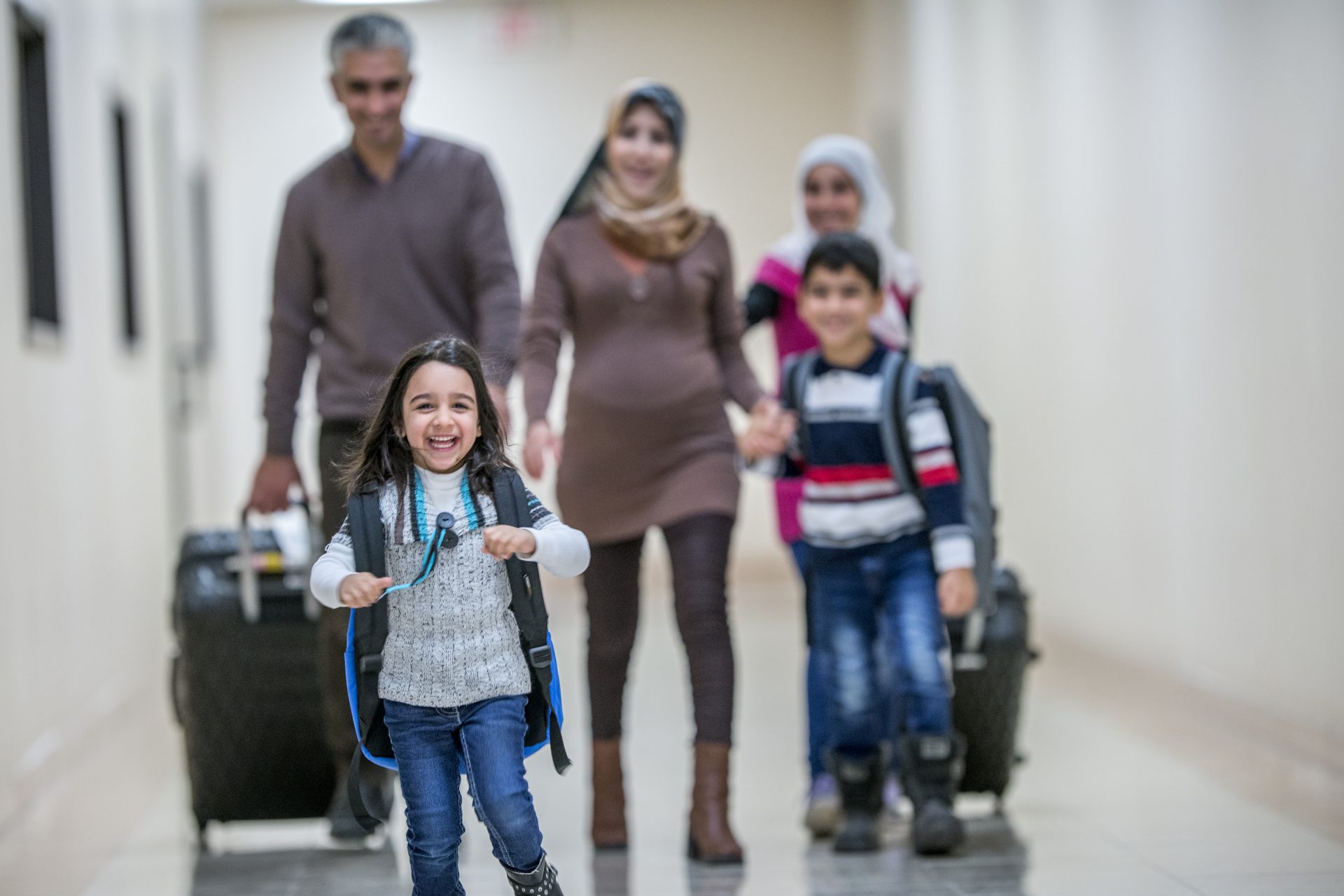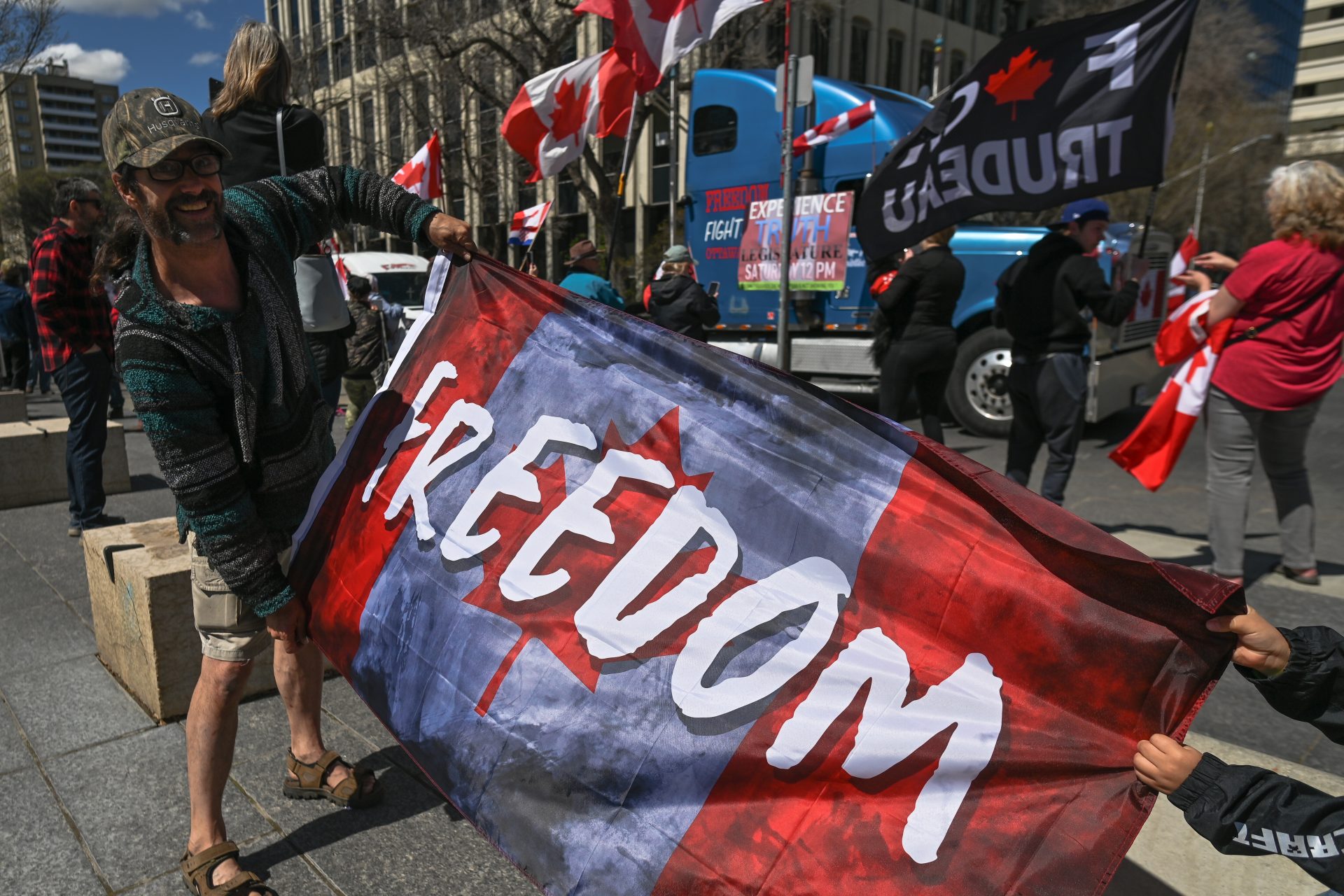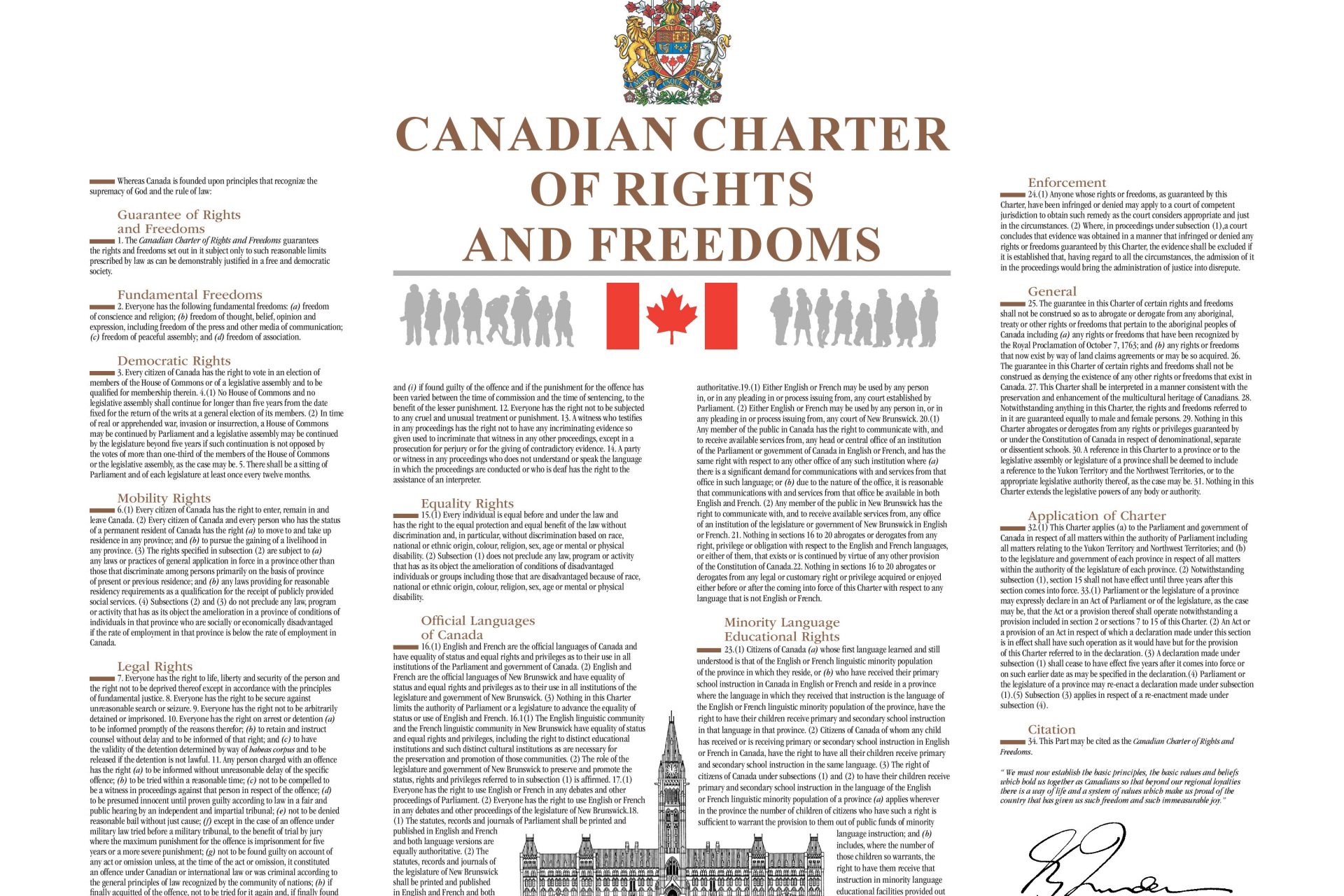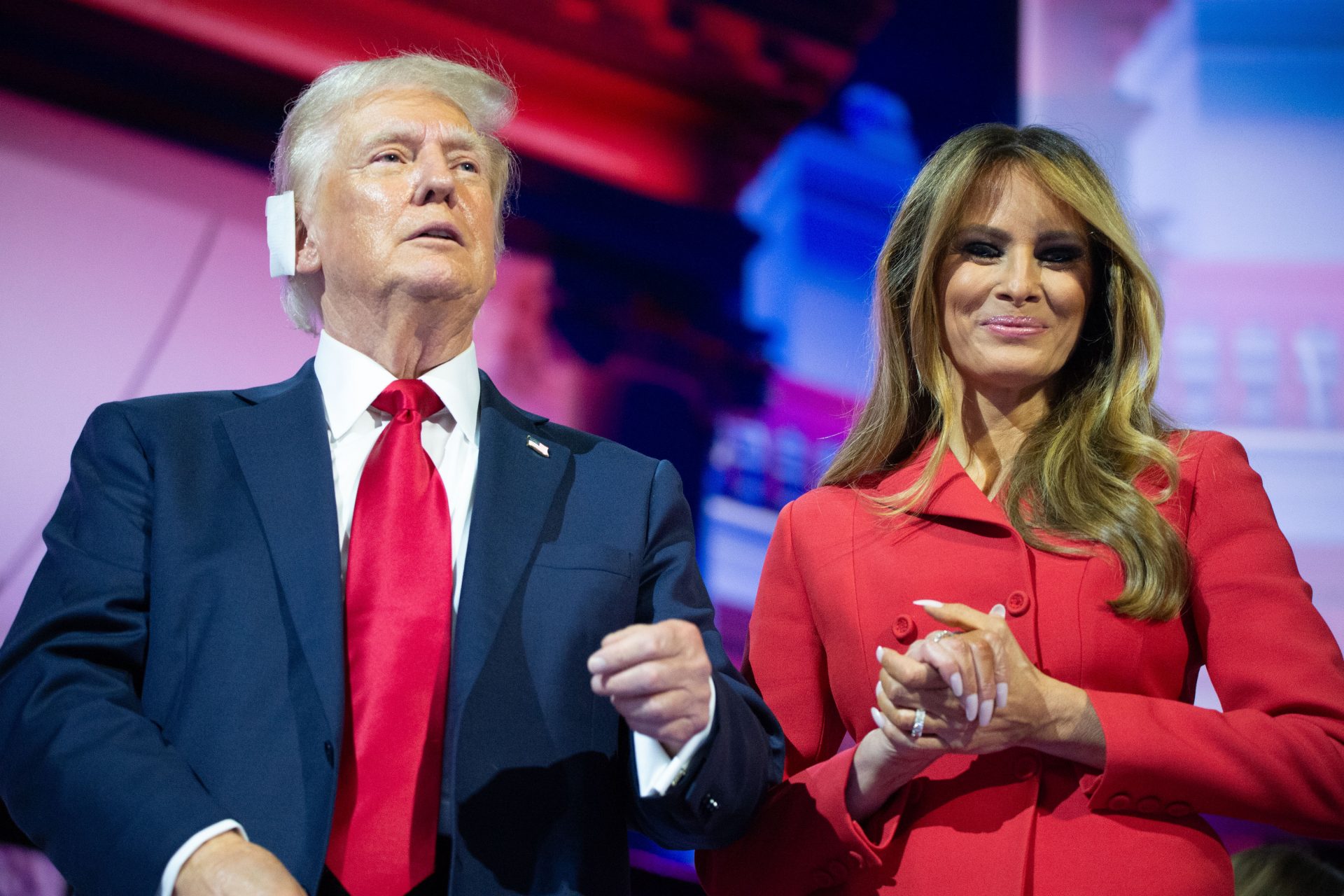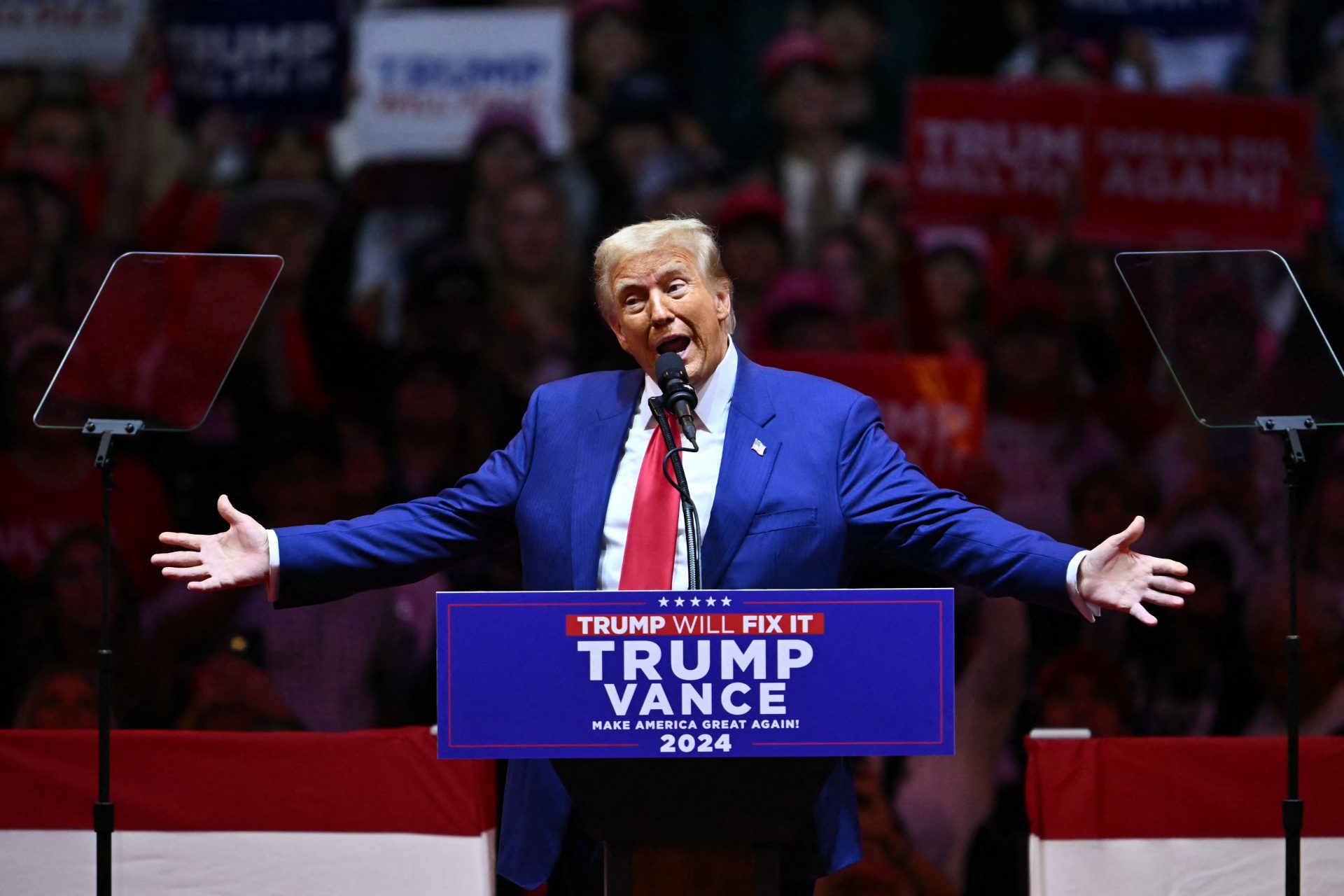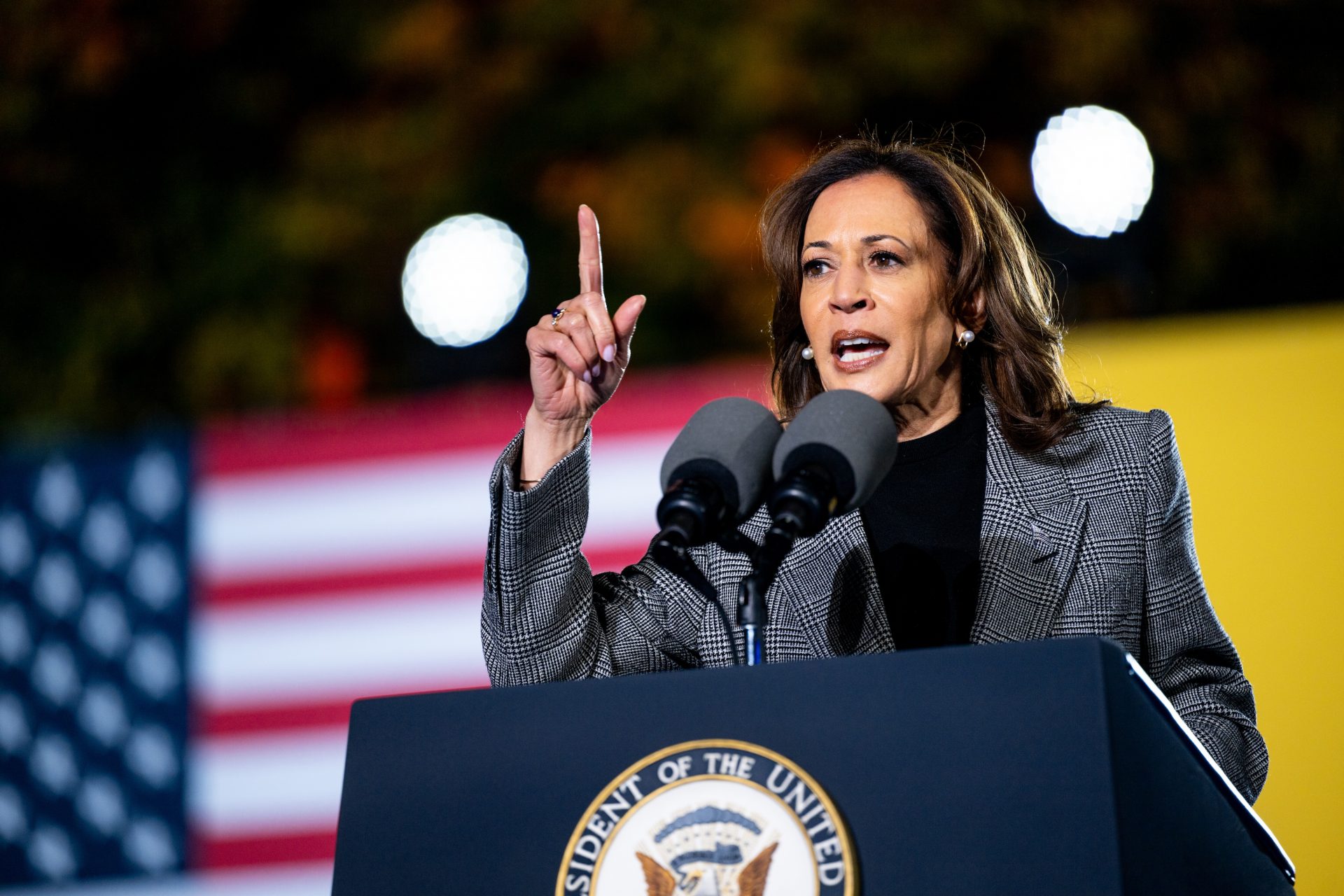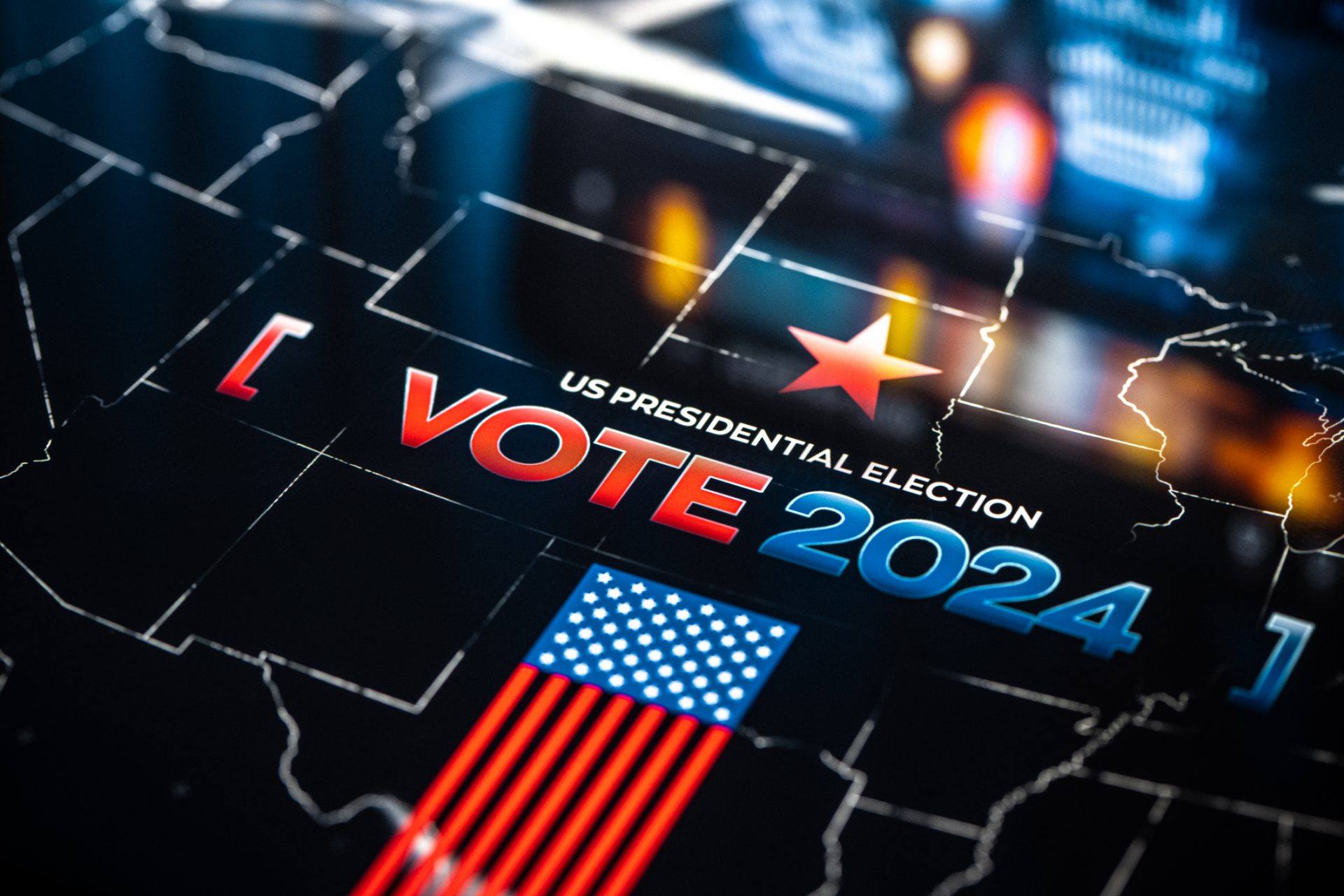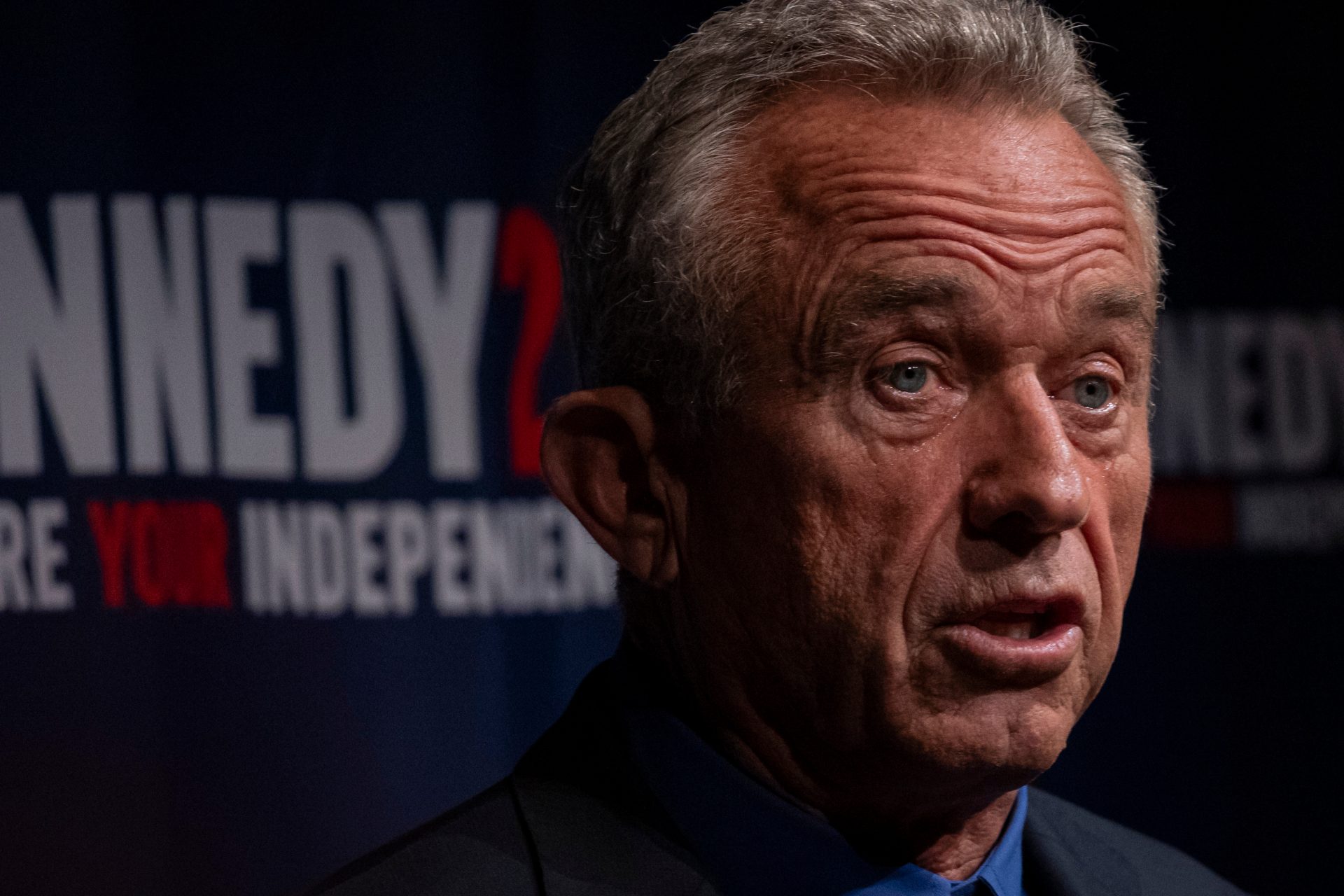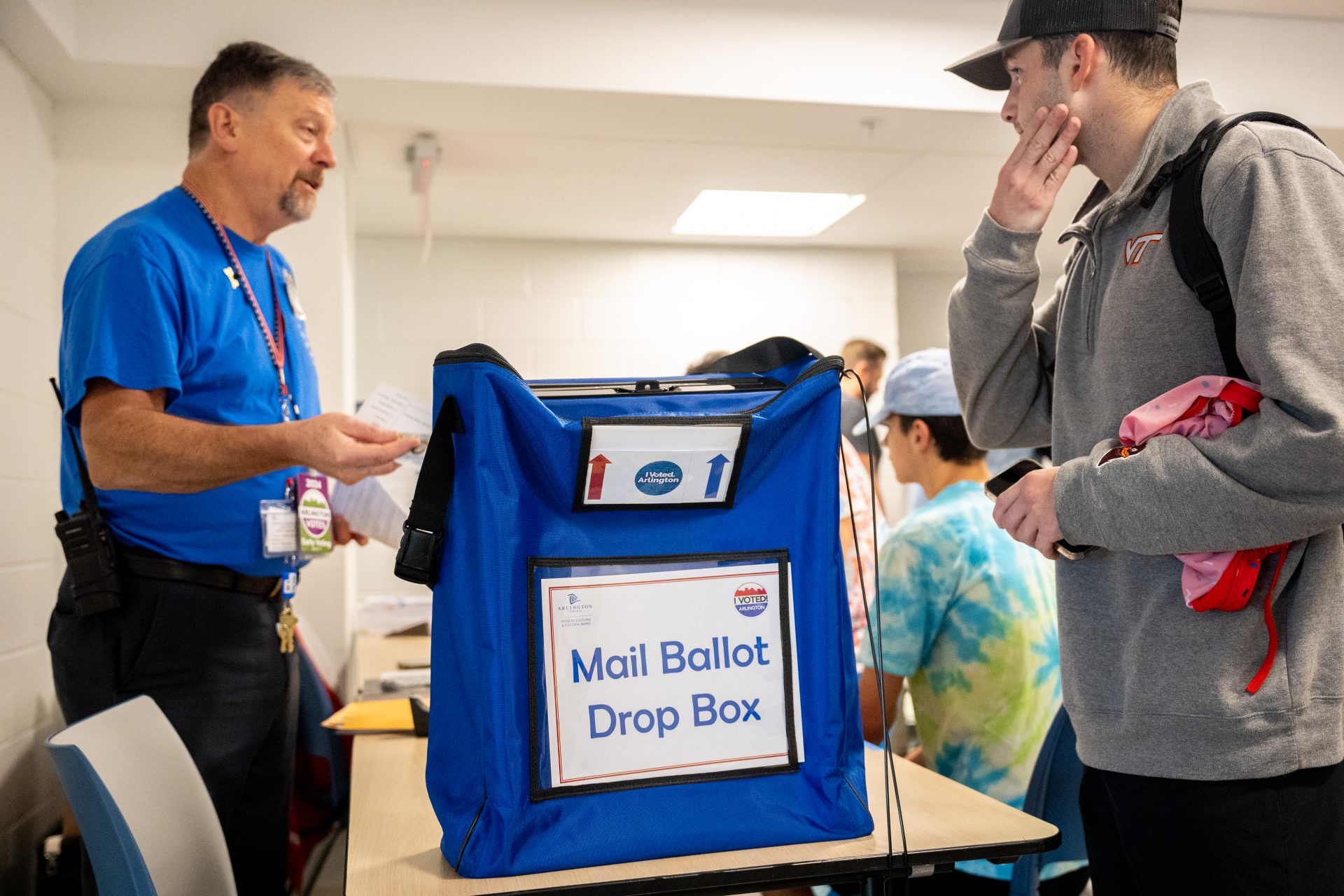Did you know Canadians don't know much about their rights and freedoms?
Canada and the United States of America are two very different countries, yet that has not stopped a lot of Canadians from mixing up their rights and freedoms with those of their neighbors to the south according to research.
A 2023 survey from Leger, the largest Canadian-owned market research and analytics company in the country, found that Canada’s citizens aren’t well-versed in the rights and freedoms that are provided to them by the federal government in Ottawa.
Only one-third of the 1,502 Canadians who filled out the survey said they had read the country’s Charter of Rights and Freedoms. However, when asked a series of questions about it, they did not show they knew or understood the document well.
For example, only 47% of survey respondents knew that Canada was founded upon principles that recognized the supremacy of God and the rule of law. This is important because that text is the first in the line in the Charter of Rights and Freedoms.
Jack Jedwab is the President of the Association for Canadian Studies, one of the organizations that commissioned the polling from Leger along with the Metropolis Institute, and he noted in a statement at the time that Canadians just didn't know their legal rights.
"They feel they know it better than they actually do," Jedweb explained in reference to the average Canadians' understanding of the country’s Charter of Rights and Freedoms. “We need more Charter education, if you'd like. Or more Charter literacy.”
The Association for Canadian Studies released the survey data from Leger in order to coincide with the 75th Anniversary of the United Nations adopting a universal charter of human rights according to CP24, and the survey results contained a lot of interesting information.
Photo Credit: Wiki Commons By FDR Presidential Library / Museum
The majority of Canadians who answered the survey had not read the Charter of Rights and Freedoms with 62% saying they hadn’t, and this showed in the data since roughly two-thirds of respondents disagreed with the Charter's opening line or didn't want to answer the question.
Jedweb suggested that ignorance regarding the Charter of Rights and Freedoms’ opening lines likely stemmed from how the respondents felt about the existence of God rather than any sort of understanding of the words in the document.
Canadians largely see the country as a secular one according to Jedweb. However, it is interesting to note that Canada’s Charter of Rights and Freedoms was only adopted in 1982 as part of an attempt to establish the country’s constitution.
The most interesting discovery uncovered in the data from Leger’s survey wasn’t that Canadians don’t understand their Charter of Rights and Freedoms but rather that they seem to confuse it with the American Declaration of Independence.
When respondents were asked if Canada guaranteed life, liberty, and the pursuit of happiness, 85% of people replied ‘yes’. However, the phrase “the pursuit of happiness” isn’t mentioned in the Charter of Rights and Freedoms.
“Everyone has the right to life, liberty, and security of the person and the right not to be deprived thereof except in accordance with the principles of fundamental justice,” is how Canada’s Charter defines the rights of its citizens.
"We don't know our Charter sufficiently well," Jedwab said. "Even if we purport to know it." However, Canadians were quite adept at picking out the freedoms that the federal government was allowed to limit under the Charter of Rights and Freedoms.
Photo Credit: Wiki Commons By Canadian Heritage
The majority of respondents (65%) knew that the government was allowed to limit some rights of its citizens—something that is allowed under the notwithstanding clause CP24 noted—while 24% said that the government could not limit the rights of its citizens.
The most important rights that needed to be protected according to respondents were the right to privacy, the right to freedom of expression or speech, the right to protection from racial discrimination, the right to vote, and the right to gender equality.
More for you
Top Stories



